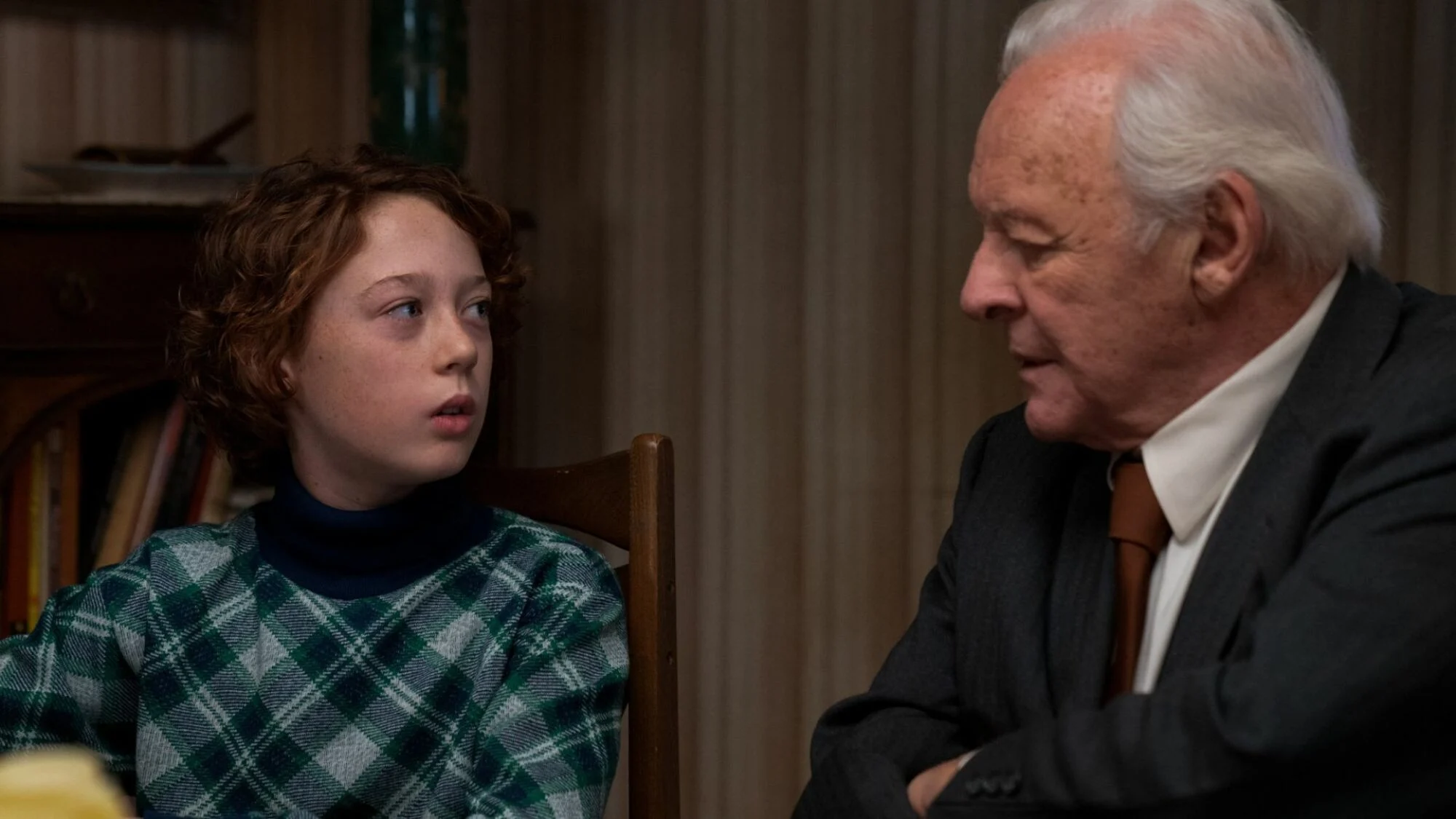Armageddon Time excels at capturing naiveté, but under commits to sharing the truths of racial disparity when it comes to the American dream.
There’s something to be said about James Gray’s ability to infuse emotion into his features with little to no effort. In the acclaimed Ad Astra, he intertwines an intergalactic journey with passion, style, and a deep connectivity to humanity when all sentimentality feels lost. Hoping to seep these latter concepts into his next project, Gray turns to his own childhood to reflect on prejudice, privilege, and the eye-opening dangers of silence and complacency. But where Ad Astra succeeded, his latest fails, as it takes on too much without acknowledging the nuances of such complicated topics. Armageddon Time excels at capturing naiveté but under-commits to sharing the truths of racial disparity when it comes to the American dream.
In 1980, the Graff family settles into another year of celebrations, changes, and the challenges of life in their Queens, New York home. The youngest of the family, Paul Graff (Michael Banks Repeta) is ready to take on a new year in public school, where he faces behavioral challenges, enhances his artistic proclivities, and befriends the apparent troubled Johnny Davis (Jaylin Webb). While his family at home struggles to understand his hopes and desires, besides his grandfather Aaron Rabinowitz (Anthony Hopkins), Paul finds comfort in Johnny’s free spirit and shares a bond with him like he’s never felt before. Together, the two dream big and plan adventures that result in unfortunate truths about life and the root of all its inequities.
Armageddon Time explores class and race issues through the eyes of a child and interlaces them with innocence and growing perspective. At the precipice of his childhood and light awareness of these topics, Paul experiences sudden exposures to them through his friendship with Johnny. For example, their teacher, Mr. Turkeltaub (Andrew Polk) frequently calls out Johnny on his behavior and almost expects delinquency out of him, even when he’s not the culprit of classroom disruptions. Moments like this give rise to the stereotype that Black children misbehave more often than their white counterparts. These examples often come in Gray’s script and grow larger in scale as the film progresses. Yet, nothing ever comes from them besides growing pains for Paul and his family, which is the inherent problem of the film.
One might imagine that this framing is partly due to Gray’s ignorance when it comes to Black issues, but if that were the case, he could have benefited from an additional writer to keep his implicit biases in check. In the grand scheme of its storytelling, Armageddon Time feels irresponsible. The script lacks the depth it needs to fully acknowledge how privilege paves the way to power and race contributes to various levels of playing fields in pursuit of the American dream. If this was Gray’s attempt to criticize systemic issues in education and economy, it unfortunately came off as lazy and uninspiring, stumbling through its themes and leaving very little impact in the process.
The film’s saving grace is the chemistry between Repeta and Webb. As Paul and Johnny, the young duo performs with such a calming comfort and innocence that captivates from the time of their first interaction onscreen. Their juxtaposed experiences serve as a central point of the themes embedded through Gray’s feature. But when Gray finds difficulty expanding upon Johnny’s livelihood (even though it is central to the plot), the script wanes, and he leaves it up to his cast to overcome the hurdles that could have been mended had the script had more focus. Thankfully, they were up to the task, which ultimately saves the film from completely plummeting in quality.
Anthony Hopkins also breathes exceptional life into Gray’s script, acting as the heart and soul of the film as much as his character is for the Graff family. Yet, his performance, along with the exceptional work by most of the cast goes wasted on a script that refuses to say what it truly needs to about privilege in the context of racial, economical, and social differences. If anything, Armageddon Time is like a watered-down version of these issues to alleviate residual guilt the filmmaker appears to have regarding his early childhood. Either that, or Gray’s latest is a weak attempt to educate audiences on a topic that he refuses to dive deeper into to actually say something meaningful. Simply put, it’s a disappointment, and he can do better.
![]()
![]()


